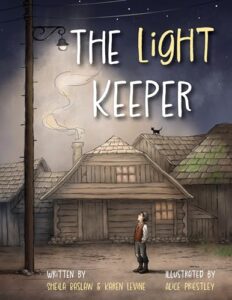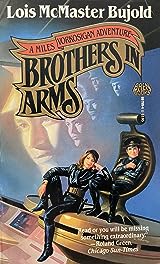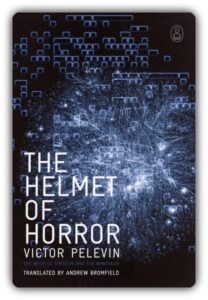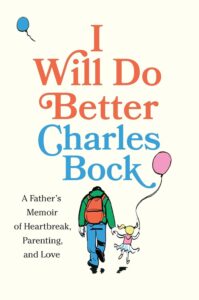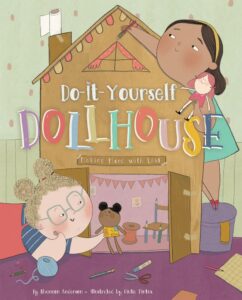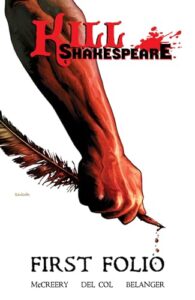translated from the original Italian by Willard Wood. This review is going to require a lot of background on me as a reviewer so buckle up, or feel free to scroll down till you get to the parts that are primarily about this book, around six paragraphs down.
 When I was a girl growing up in Malaysia, I didn’t understand the conflict in the Middle East, due in large part to the contrary and muddled tales I heard from grown-ups and media about it. What I knew for certain is that after World War II, in order to atone for their awful treatment of Jewish people, Europeans gave Jews the land now known as Israel in compensation. The Arab people who were already there weren’t thrilled about it, and war broke out. Muslims worldwide decried the Israeli occupation, often using terrible anti-Semitic language to denounce it.
When I was a girl growing up in Malaysia, I didn’t understand the conflict in the Middle East, due in large part to the contrary and muddled tales I heard from grown-ups and media about it. What I knew for certain is that after World War II, in order to atone for their awful treatment of Jewish people, Europeans gave Jews the land now known as Israel in compensation. The Arab people who were already there weren’t thrilled about it, and war broke out. Muslims worldwide decried the Israeli occupation, often using terrible anti-Semitic language to denounce it.
Being a well-read kid who’d already absorbed The Diary Of Anne Frank and similar, I felt a lot of sympathy for the Jewish people, and wondered why they couldn’t all just share. The Jews wanted a safe homeland, and Muslims already had Mecca and Medina and entire countries where we’re in the majority. Muslims are supposed to be hospitable. And historically, Muslim civilizations and governance had always been much more welcoming of Jewish citizens than their Christian counterparts. So what had changed?
In a word: colonialism. Looking back on my younger self, I can forgive her for not understanding the evils of European empire because I and everyone around me was still trying to come to terms with it. Back then, it never occurred to me that the British did not have the right to take Palestinian land and give it away to foreigners. I had no idea the scale of displacement or ethnic cleansing of the native Palestinians, much less the fact that the Israeli government had basically said that those Palestinians who wanted to return to their ancestral lands could go fuck themselves.


